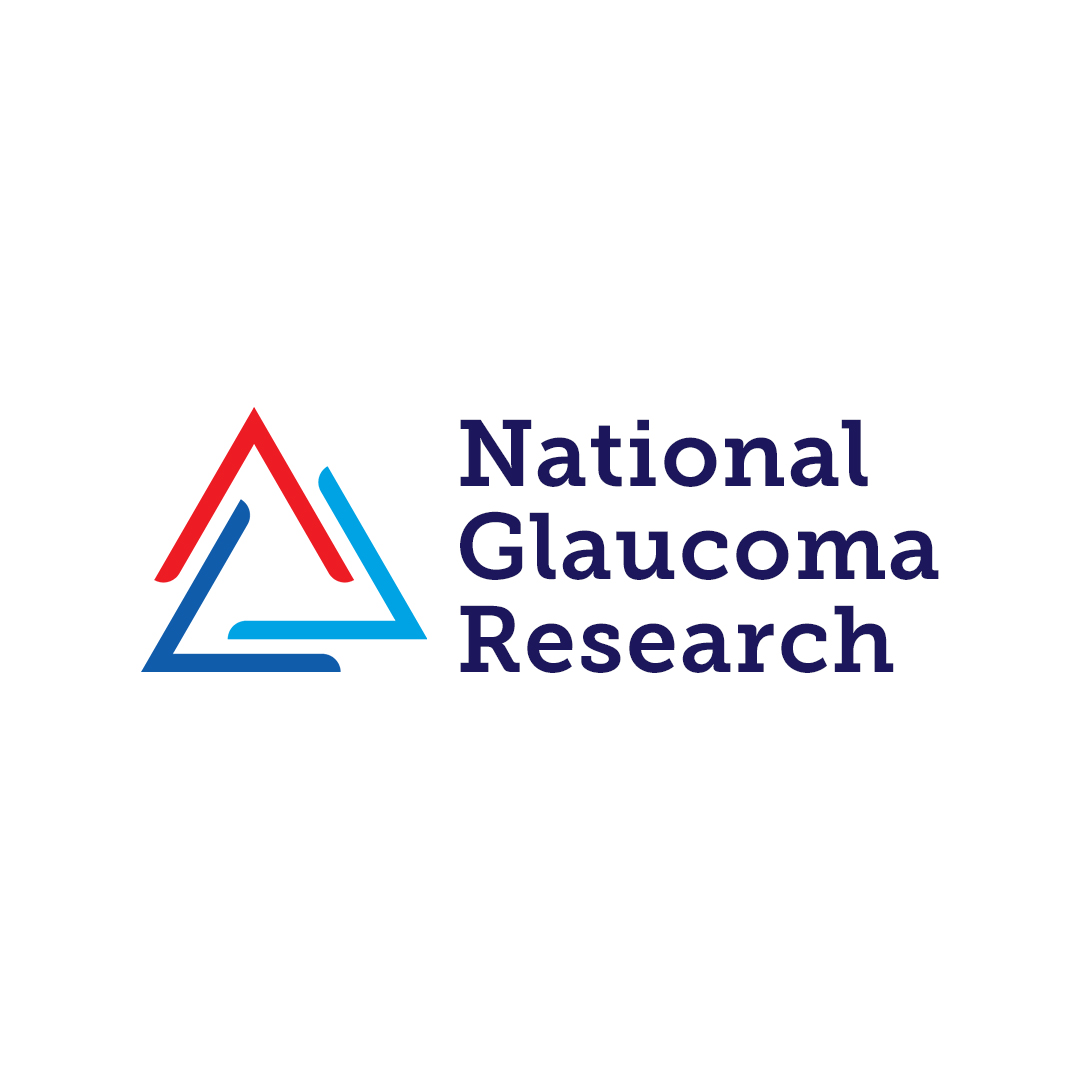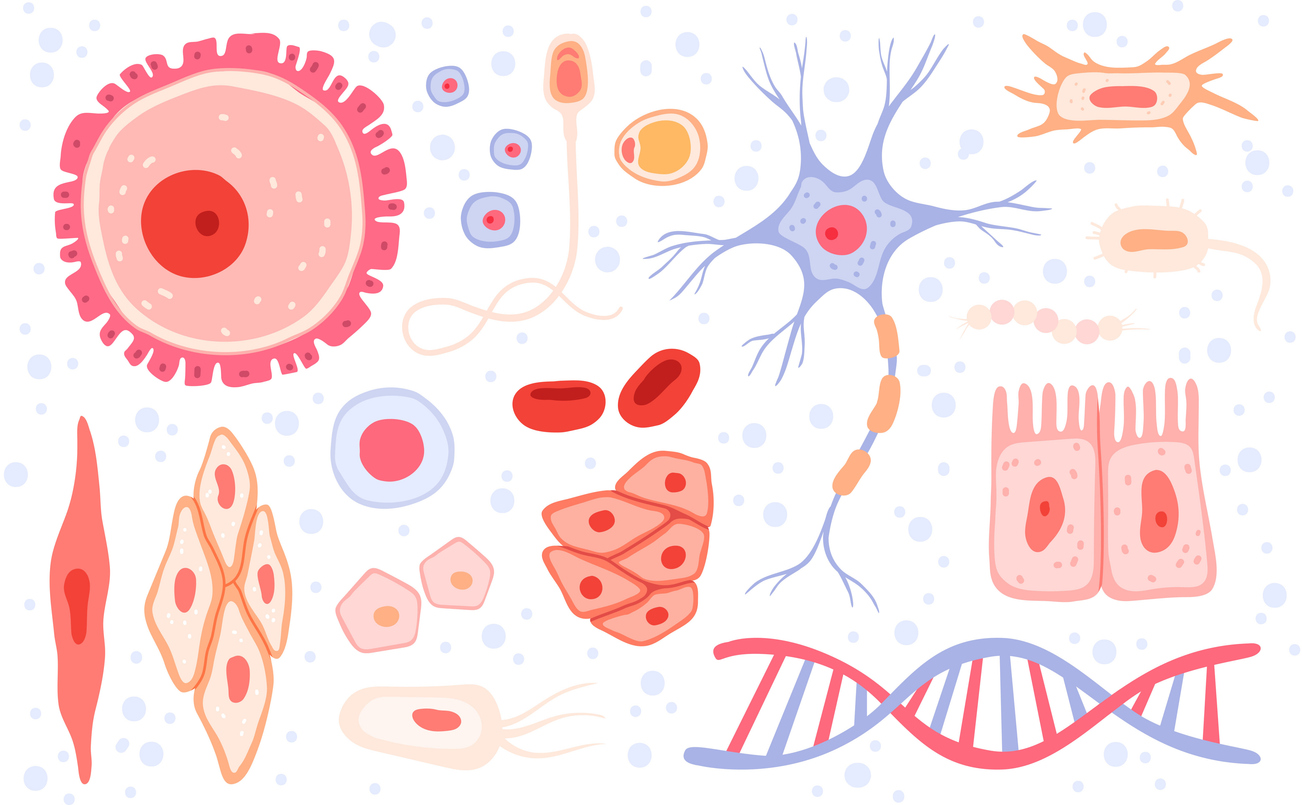
In glaucoma, problems with mitochondria—a source of cell energy—can lead to damage in the neurons that carry visual information from the eyes to the brain. National Glaucoma Research grant recipient Adriana Di Polo, PhD, is testing small molecule drugs that may prevent this damage and boost energy production in these neurons.
Dr. Di Polo, in collaboration with Mitochon Pharmaceuticals, is researching the use of experimental small molecule drugs to prevent mitochondria-related damage in retinal ganglion cells. These messenger cells of the brain, known as neurons, pass visual information from the retina of the eye to the brain.
This research could help identify therapies that keep mitochondria functioning properly to improve vision in glaucoma. “Glaucoma affects millions of people worldwide and poses a significant public health challenge,” Dr. Di Polo explained. “With [the help of this funding], we will pave the way towards the development of new effective treatments for vision restoration.”
An Energy Problem
Glaucoma is a group of eye diseases that can cause loss of vision and blindness by damaging the optic nerve in the back of the eye. This bundle of nerve fibers carries visual information from the eye to the brain. The most common form of glaucoma is open-angle glaucoma, which initially has no symptoms.

Healthy mitochondria are essential for the proper functioning of retinal ganglion cells and other types of neurons. Research has shown that mitochondrial problems play a role in a variety of neurological disorders, including traumatic brain injuries and neurodegenerative conditions like Alzheimer’s disease.
“Retinal ganglion cells are particularly vulnerable to deficits in mitochondria, as evidenced by known mitochondrial-related disorders that affect the eye,” Dr. Di Polo and her colleagues wrote in a 2023 paper published in Molecular Aspects of Medicine.
Mitochondria are structures in the cell that provide the energy that cells use to do their jobs. Neurons, including those involved in vision, also rely on mitochondria to keep them working. Mitochondria in neurons help these cells send signals to other neurons.
Neurons can be divided into three areas: a message-receiving end, a long hallway called an “axon,” and a message-sending end. The axon carries signals from the message-receiving end to the message-sending end. Mitochondria are transported back and forth along the axon.
In glaucoma, the movement of mitochondria along the axons of retinal ganglion cells is disrupted, leaving the neuron depleted of energy. These cells also have a buildup of calcium, which further damages or kills the cell.
Testing Drugs for Glaucoma
Dr. Di Polo and her team are testing the effects of experimental small molecules—potential drugs that alter how the mitochondria function. These molecules prevent too much calcium from being taken up into the mitochondria.
Cells need calcium to do their job, but excess calcium can interfere with their work. Healthy mitochondria normally take in excess calcium through a gate in their surface from the liquid part of the cell and store it. Sometimes when mitochondria are sick, they become overloaded with calcium. This results in mitochondria tossing much of the calcium back into the liquid part of the cell. This can eventually damage or kill the cell.
The small molecule drugs being tested by Dr. Di Polo and her team helps mitochondria to clear the excess calcium from building up in the liquid part of the cell. These small molecule drugs also stop the excess production of damaging byproducts within the mitochondria known as free radicals. Free radicals are unstable molecules that occur in low levels when mitochondria make energy, and too much of it can be harmful.
The small molecule drugs are known as “mitochondrial uncouplers” because they separate, or uncouple, processes in the mitochondria. This means the mitochondria can make energy more efficiently without producing excess free radicals and maintain healthy calcium levels. Other early-stage research with these molecules has shown that they may protect brain cells from damage that occurs in Alzheimer’s disease and other neurodegenerative disorders.
One of these studies is a BrightFocus Alzheimer’s Disease Research-funded project, which found that one of these small molecule drugs may restore the function of nerve cell mitochondria damaged during traumatic brain injury. The results of this early-stage research were published in 2023 in the Journal of Neurotrauma. This study simulated the types of traumatic brain injuries experienced by service members and veterans.
Similarly, the use of mitochondrial uncouplers in glaucoma may enhance the function of mitochondria in retinal ganglion cells and promote the survival of the cells. This, in turn, could lead to the prevention of vision loss. If this research is successful, it is expected to lead to clinical trials of these drugs as a treatment for glaucoma.
About BrightFocus Foundation
BrightFocus Foundation is a premier global nonprofit funder of research to defeat Alzheimer’s, macular degeneration, and glaucoma. Through its flagship research programs — Alzheimer’s Disease Research, Macular Degeneration Research, and National Glaucoma Research— the Foundation has awarded nearly $300 million in groundbreaking research funding over the past 51 years and shares the latest research findings, expert information, and resources to empower the millions impacted by these devastating diseases. Learn more at brightfocus.org.
Disclaimer: The information provided here is a public service of BrightFocus Foundation and is not intended to constitute medical advice. Please consult your physician for personalized medical, dietary, and/or exercise advice. Any medications or supplements should only be taken under medical supervision. BrightFocus Foundation does not endorse any medical products or therapies.
Featured Grant Recipients

Adriana Di Polo, PhD
University of Montreal Hospital Center (Canada)









